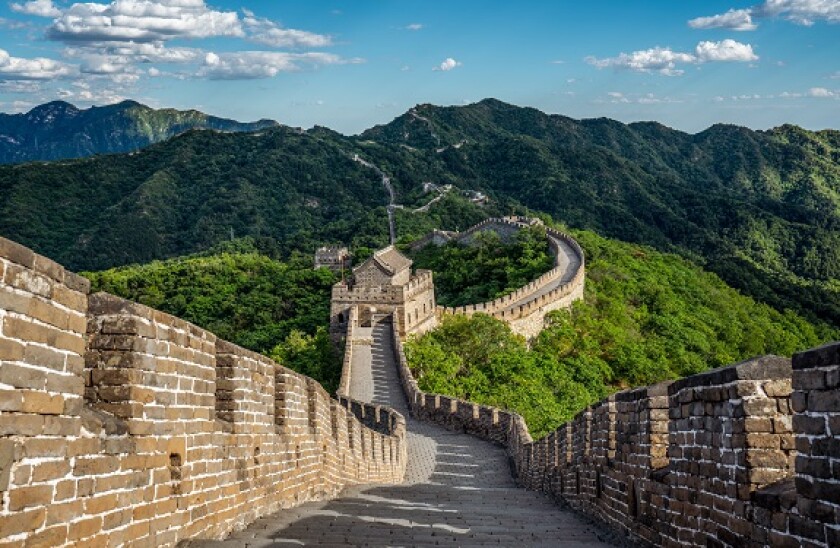The People’s Bank of China, the National Development and Reform Commission and the China Securities Regulatory Commission will take public feedback until June 12 to update the list of eligible projects for green bonds.
The most significant part of the update, which will replace the standards set in 2015, is the removal of “clean use of coal” from the project list. Instead, clean coal projects have been replaced by clean energy that can be used to transition rural areas away from coal.
The inclusion of clean coal projects has long been a thorn in the side of China’s green bond market.
Coal remains a popular energy source around the world. But China stands out as the world’s largest producer and consumer of coal. Coal accounted for 57.7% of China’s total energy consumption in 2019, according to the country’s National Bureau of Statistics.
Some people see coal usage as unavoidable for China, which has built up a huge economy over the past few decades. After all, Western nations relied heavily on coal during the Industrial Revolution from the mid-1700s to mid-1800s. Clean coal, which is said to reduce ash and sulphur emissions when coal is burned, is better than “dirty” or unprocessed coal, giving China some edge.
But green purists have long condemned the acceptance of clean coal, and say that it leaves little incentive for countries to find better energy sources. If China wants to be a leader in green finance and reduce its carbon footprint, then clean coal is unacceptable.
The battle over clean coal has held back most international green investors from investing in China’s green bonds.
But that hurdle has not stopped China from becoming one of the world's biggest issuers of green bonds. In 2019, China was ranked as the second biggest source of green bonds with $30.1bn, only behind the US, according to the Climate Bonds Initiative (CBI). But that number is only a portion of China’s green bond market. Green bond issuance from the country topped $53bn last year, however only $30.1bn of that met international definitions and reporting rules, according to CBI.
China’s inclusion of clean coal, among other differing standards, is a dark cloud over the country’s green bonds — both domestically and internationally. Can China be considered a leader in green finance if it is willing to put funds to use in projects that are still far from environmentally friendly?
The world’s biggest green bond funds would say no, and would applaud China’s landmark move to eliminate clean coal from green bond eligibility.
The decision is a long time coming, and serves as a much-needed recognition by the Chinese government that clean coal is not an energy source for the future. Investors will undoubtedly be enthusiastic about this and will now have reason to consider China's green bonds.
But it still has a way to go before it fully matches the green standards of international bond buyers.
Clean coal was the most obvious and egregious of China’s standards, but there are other problems too.
The country's alphabet soup of regulators have had a variety of approaches to green financing, all of which still need to be unified. The use of proceeds from green bonds also needs to be better defined, as Chinese borrowers are still permitted to use half of the proceeds for general working capital, rather than mandating that the funds should be completely dedicated to green projects.
Additionally, the country still needs to push its listed companies to better disclose their environmental, social and governance (ESG) risks — something that it has increasingly started tackling.
There is massive potential for China’s green bond market. With Chinese bonds now included in global indices, international investors are buying more debt from the country. China is also eager to open up its markets further, and compliance with international green bond standards will surely attract more global funds.
By cutting clean coal from its green bond programme, China has taken an important step forward. It now needs to build on that momentum further – and make its green market on par with international standards.

